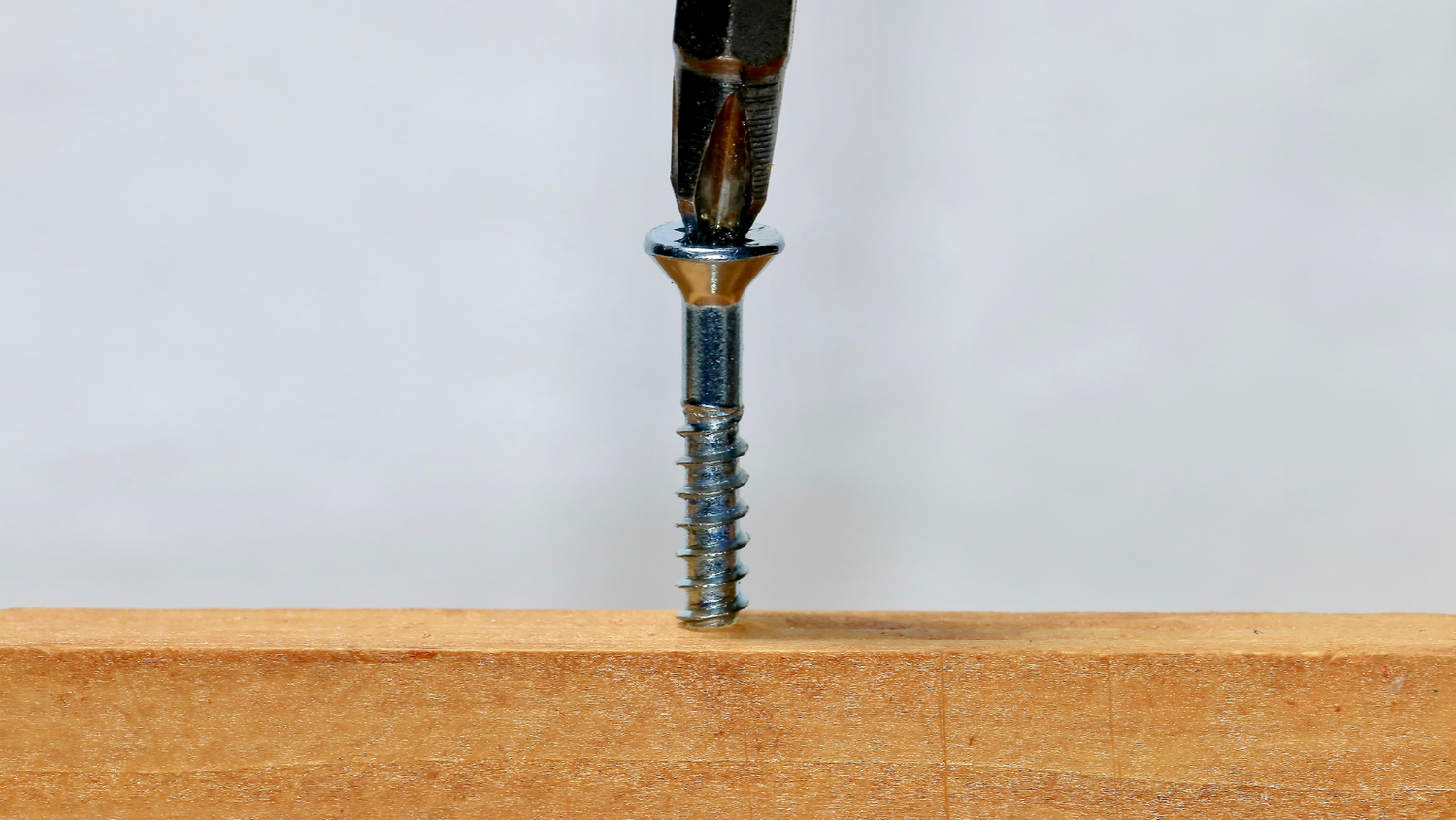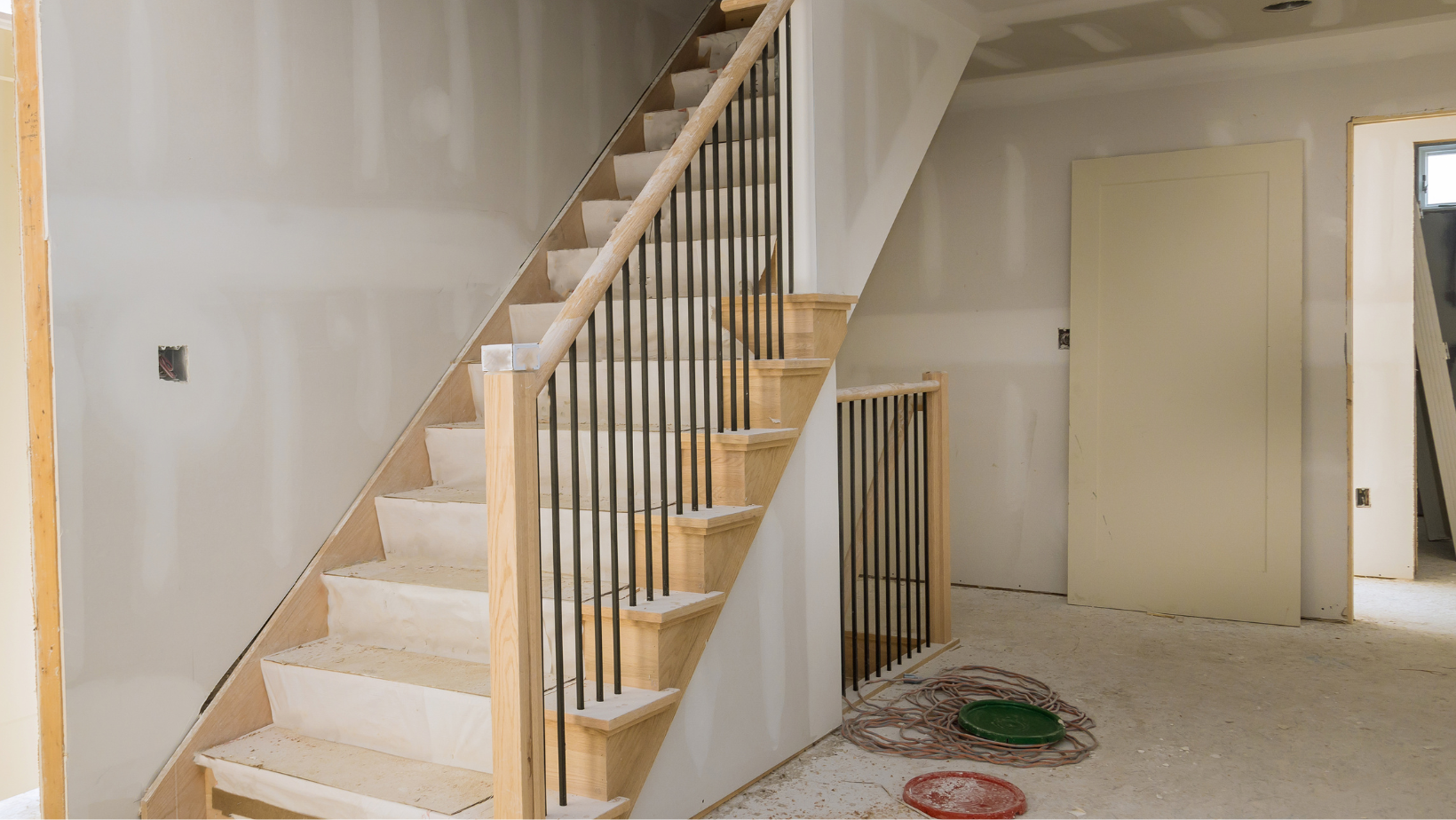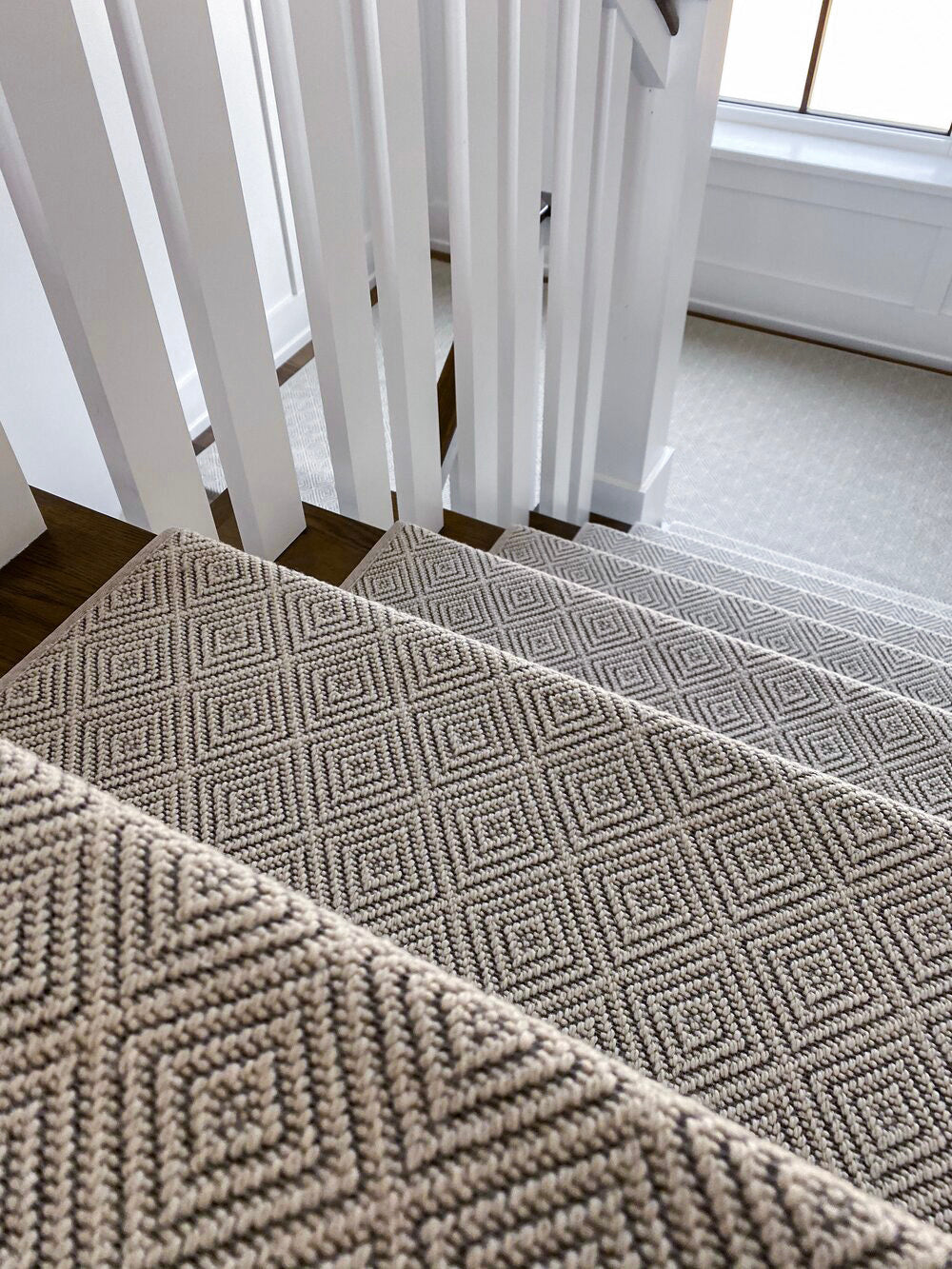A secure staircase is essential for both safety and aesthetics, making it important to know what to use to fasten stair treads.
The best methods for fastening stair treads include adhesives, nails, screws, or a combination of these options.
For carpet stair treads, adhesives are often the preferred choice due to their ease of installation and ability to prevent movement, while wooden treads benefit from a combination of glue and mechanical fasteners for maximum security.
There are multiple ways to secure stair treads, and the right choice depends on the material of the stairs and the level of foot traffic.
By continuing to read, you will gain a deeper understanding of each fastening method, their advantages, and how to ensure a long-lasting, professional installation.
Whether you are a DIY homeowner or working with professionals, selecting the right technique will enhance both the safety and durability of your staircase.
How to Attach Stair Treads and Risers
Attaching stair treads and risers properly ensures a stable and durable staircase.
The fastening method you choose will depend on the material of the treads and the underlying stair structure.
Step 1: Prepare the Surface
Before installation, ensure the stair surface is clean, dry, and free of dust and debris.
This will help adhesives bond properly and prevent shifting over time.
Step 2: Measure and Cut the Treads
Measure each stair step individually, as slight variations may exist.
Cut the treads to size, ensuring a snug fit against the riser and stair stringer.
Step 3: Choose Your Fastening Method
Once the treads are cut, selecting the right fastening method is crucial.
Let’s explore different options based on material and installation preference.
Choosing the Right Adhesive
One of the most popular methods for securing stair treads is adhesive.
This method provides a clean and secure bond, reducing movement and eliminating the need for visible fasteners.
Benefits of Using Adhesives:
-
Provides a seamless and professional look.
-
Prevents squeaking by creating a strong bond.
-
Eliminates the need for nails or screws.
-
Works well for both wooden and carpet stair treads.
Best Types of Adhesives for Stair Treads:
-
Construction Adhesive: Heavy-duty bonding that holds up under foot traffic.
-
Epoxy Adhesive: Ideal for securing wood treads to wooden staircases.
-
Peel-and-Stick Adhesive: Commonly used for carpet stair treads, offering easy installation without damaging the stairs.
How to Apply Adhesive:
-
Apply the adhesive in a zigzag or straight-line pattern on the back of the stair tread.
-
Press the tread firmly onto the stair step.
-
Allow the adhesive to cure according to the manufacturer’s instructions.
The Role of Nails and Screws
While adhesive provides a strong bond, mechanical fasteners such as nails or screws add an extra layer of security, particularly in high-traffic areas.
Pros of Nails and Screws:
-
Provides a strong, long-term hold.
-
Useful for thick wooden treads.
-
Ensures a tight fit, reducing movement over time.
Best Practices for Using Nails and Screws:
-
Nails: Use finish nails for a cleaner look, securing them at an angle to prevent loosening.
-
Screws: Choose countersunk screws that sit flush with the tread surface, preventing tripping hazards.
-
Pilot Holes: Pre-drill pilot holes to prevent wood from splitting.
How to Secure Stair Treads with Nails or Screws:
-
Position the tread onto the stair and align it properly.
-
Pre-drill holes if using screws to prevent cracking.
-
Secure the tread with nails or screws along the edges and center.
-
Fill any visible holes with wood putty for a polished look.
Gluing vs. Mechanical Fasteners: Which is Better?
Both adhesives and mechanical fasteners have their advantages.
Adhesives are easy to apply, provide a seamless finish, and prevent squeaking.
However, they can be difficult to remove once installed.
Nails and screws offer a strong hold and are better suited for heavy foot traffic areas, but they may leave visible marks and require careful placement to avoid damaging the tread.
For carpet stair treads, adhesives are often preferred for their clean application.
For wooden treads, a combination of glue and screws ensures maximum security and longevity.
Preventative Measures for Tread Security
Once stair treads are installed, maintaining their placement is essential for safety.
Here are some tips to prevent loosening over time:
-
Regular Maintenance: Check adhesive bonds and fasteners periodically to ensure they remain secure.
-
Use Anti-Slip Padding: This adds friction and prevents movement, especially for carpet stair treads.
-
Avoid Moisture Exposure: Humidity can weaken adhesives and warp wooden treads.
-
Apply Sealant: A protective sealant on wooden treads prevents damage and extends lifespan.
Should I Glue or Nail Stair Treads?
The choice between gluing and nailing comes down to the type of tread and staircase design.
Advantages of Gluing:
-
Prevents creaks and movement.
-
Provides a seamless finish.
-
Ideal for DIY-friendly installation.
Advantages of Nailing:
-
Offers a more secure hold in high-traffic areas.
-
Easier to remove and replace in the future.
-
Works well for thicker wooden treads.
For ultimate durability, many professionals recommend using both glue and nails for wood stair treads.
Best Practices for Securing Stair Treads
Regardless of the fastening method, following best practices ensures your stair treads remain secure:
-
Choose the Right Tools: Use high-quality adhesives, screws, or nails suited to your staircase material.
-
Follow Manufacturer Guidelines: Always refer to the installation recommendations for your specific treads.
-
Ensure Proper Weight Distribution: Place fasteners evenly to prevent shifting or warping over time.
How to Remove and Replace Stair Treads
At some point, you may need to remove and replace stair treads due to wear and tear, remodeling, or safety concerns.
Proper removal and installation ensure the integrity of your staircase and prevent damage to the underlying structure.
Step 1: Loosen the Existing Tread
If the treads are secured with nails or screws, use a pry bar or drill to carefully remove the fasteners.
If adhesives were used, applying heat with a heat gun can help soften the glue for easier removal.
Avoid excessive force to prevent damaging the stair stringers.
Step 2: Clean the Surface
After removing the old tread, scrape off any remaining adhesive, nails, or debris.
Sanding the surface can create a smooth and level base for the new tread.
Cleaning the area thoroughly ensures a secure bond when attaching the new stair tread.
Step 3: Install the New Tread
Measure and cut the new tread to fit perfectly.
Apply construction adhesive evenly across the back and use nails or screws for additional security, depending on the type of stair tread you are installing.
Press the tread firmly in place and allow adhesives to cure fully before use.
Replacing stair treads is an effective way to refresh your staircase and improve safety, especially if the old treads were loose or worn out.
Following these steps ensures a secure and professional installation.
Steps To Success
Securing stair treads properly is not just about aesthetics but also about safety and long-term durability.
Choosing the right fastening method depends on your stair material, level of foot traffic, and personal preference.
Whether you opt for adhesive, nails, or a combination of both, ensuring a firm attachment will provide stability and peace of mind for years to come.
Regular maintenance and periodic checks will help in maintaining the integrity of your stair treads.
Investing in high-quality materials and professional installation can further enhance both functionality and visual appeal.
Oak Valley Designs offers easy to install, self-adhesive stair treads, with superior quality.
For premium, non-slip stair treads designed for durability and elegance, explore Oak Valley Designs’ collection today.
-
Website: https://oakvalleydesigns.com/
-
Phone: 706.331.0315
-
Email: info@oakvalleydesigns.com
-
Address: 30 River Ct SW Bldg E Cartersville, Ga 30120



